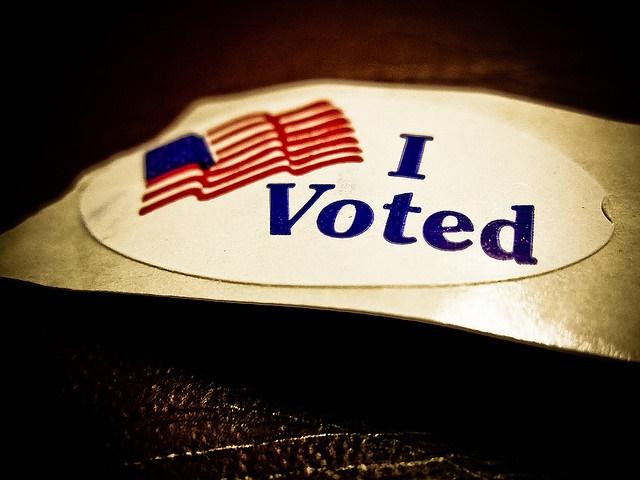The most disappointing aspect of the 2017 election for state superintendent of public instruction was the turnout. In the 2016 presidential election, over 2.8 million people voted in Wisconsin. In the 2014 gubernatorial election, over 2.3 million people voted. How was turnout for the DPI election? Less than 800,000 people showed up to vote. That’s abysmal.
I’ve often wondered what would happen if I randomly asked everyone I saw who they voted for in that election. I’m not confident many people even know who Tony Evers and Lowell Holtz are. It’s unfortunate. Both the incumbent and the challenger in that race deeply care about education policy in Wisconsin and want to work on ways to improve it.
If you don’t know who the candidates are in any political race, then a quick Google search could fix that problem. Just about any candidate for any statewide office today has a website where you can discover his or her stances on topics that pertain to the race. Chances are the race, no matter how minor it may be, is covered by a variety of news sources. Obviously, the intensity of the media coverage isn’t anywhere near where it is during the presidential election, but these off-year races certainly aren’t ignored.
I’m also not entirely convinced everyone who didn’t vote did so because that’s the political stance they want to take. If you choose to vote in most of the big elections, then what is holding you back from voting in the smaller ones?
Sadly, this is the case with many elections taking place between bids for the presidency and the midterms. The 2016 election for Wisconsin Supreme Court between Justice Rebecca Bradley and Judge JoAnne Kloppenburg had the fortune of occurring the same day as the presidential primaries, thereby guaranteeing higher turnout than usual, but other elections are not as lucky.
Before that one, Justice Ann Walsh Bradley and Rock County Judge James Daley campaigned for a Wisconsin Supreme Court election held on April 7, 2015. Sadly, less than 900,000 people voted in that election, even though there was an important referendum on an amendment for how chief justices are selected.
No one denies elections for presidents, governors and senators are imperative, but why shouldn’t elections for the courts and education chiefs matter just as much? Elections to pick a justice for the state’s highest court will determine how decisions might go down and how the state constitution will be interpreted. I think that matters just as much as other political issues.
Voters today owe it to future generations to decide the course of the Badger State now. It is a disservice to them and to our system if we do not become more active in smaller, state elections. The offices in these elections don’t carry as much weight as running for the White House, but they are still important and can initiate change right here in Wisconsin.
John M. Graber ([email protected]) is a junior majoring in history and political science.














